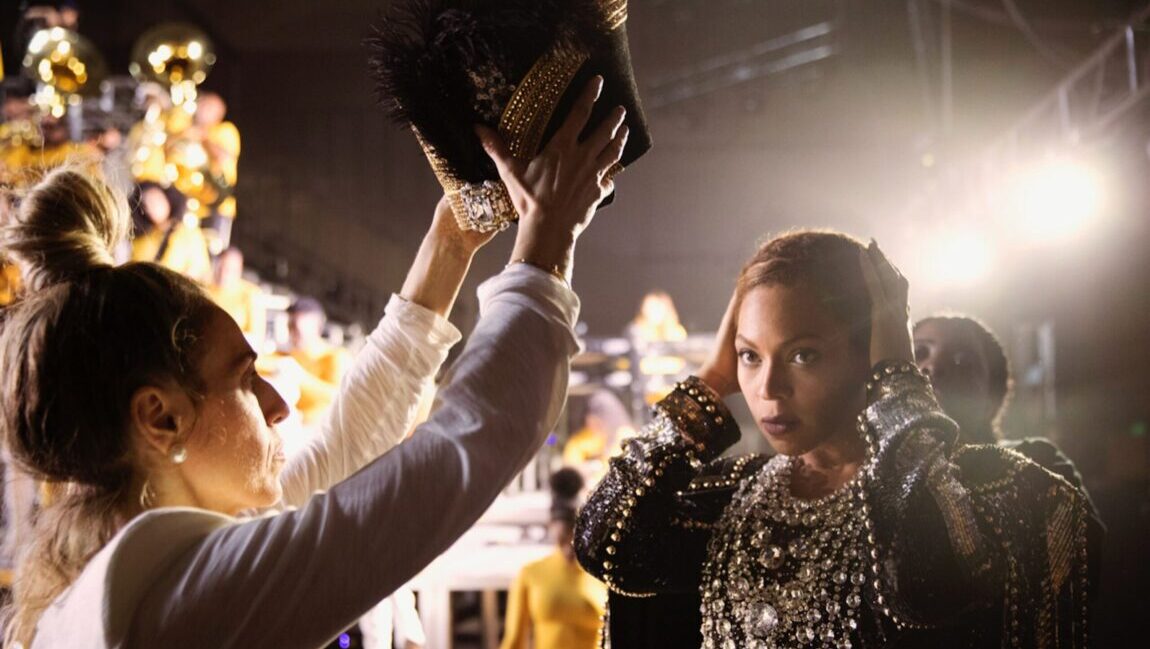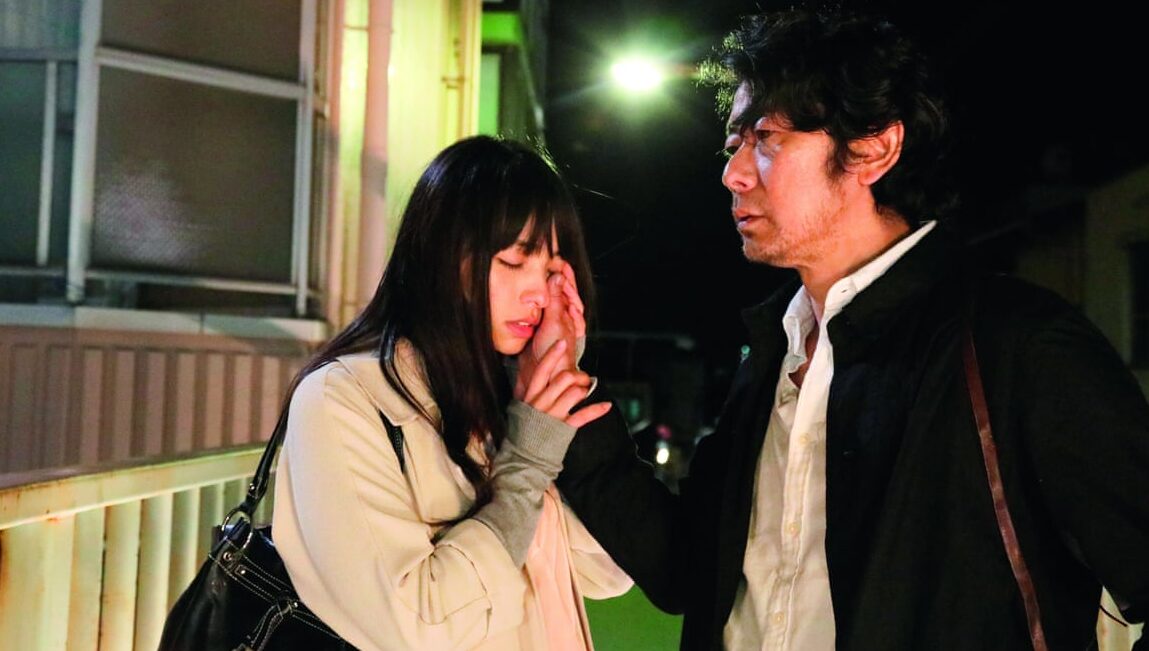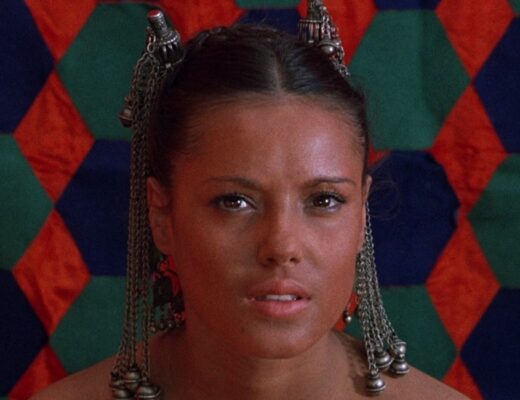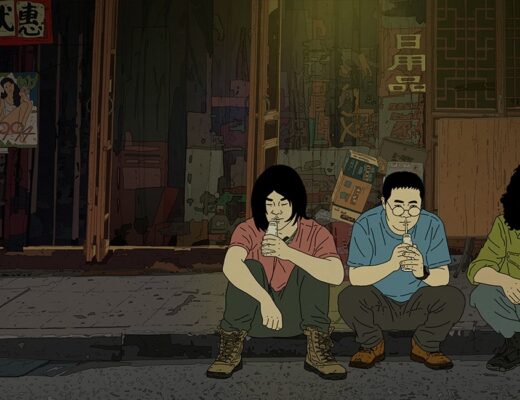Though remakes of beloved films are usually met with some degree of warranted skepticism, sometimes the combination of director and material is too enticing to ignore. News that Korean zombie hit Train to Busan would receive an American remake was received with expected derision, but that reaction ignores that the attached director, Timo Tjahjanto, is uniquely suited to packing an enclosed space with exuberantly bloody carnage. In other cases, like that of Guillermo Del Toro’s recent ill-conceived take on Nightmare Alley, it’s usually easy to see what drew the artist to the project in the first place, regardless of the final product’s quality. At first glance, then, it’s baffling that Michel Hazanavicius would remake Japanese comedy horror hit One Cut of the Dead, a film that on the surface is so unlike the director’s more recent output. But look deeper — okay, past the twist at the 40-minute mark — and see One Cut of the Dead as a tedious exercise in metafiction, a movie about the triumphs and pains of moviemaking, and it’s a perfect match for the phony behind The Artist and Godard, Mon Amour.
Final Cut is almost the same movie as its predecessor, only worse. It concerns a director tasked with making a zombie film — one about a director making a zombie film whose set is attacked by real zombies — and opens on that film in full before pulling back and exploring its making. There is one added wrinkle: the movie being made is explicitly a remake of the one made in One Cut of the Dead. This is an opportunity for Hazanavicius to take the material that already exists and add another layer to maybe say something about the act of cinematic reproduction. And in the opening section of the film, which plays like a glossier, shittier version of the original where the white French actors all have Japanese names like Higurashi, it seems like that might be what the filmmaker is moving towards. But then the second half is more or less a mechanical reconstruction of the original film and, aside from struggles with the Japanese producers in charge of the remake, there’s very little in the way of perspective. Besides, the repetition of jokes and sequences from the first film in this “real” half doesn’t just lay bare creative neglect but also pushes the film past the point of believability, as the conditions of the production of their movie match exactly those of the film they’re remaking.
Everything good about Final Cut was already good in One Cut of the Dead, and while plenty of what doesn’t work was never good to begin with, Hazanavicius has fattened the film by 20 minutes to include pretentious middlebrow attempts at elevating the material. The cast of characters and their relationships are the same, almost exactly, but the filmmakers have decided that what One Cut of the Dead needed was more blatant psychological and emotional motivation. To that end, the film expands on the relationship between the director and his daughter to an irritating, precious degree, going so far as to give what was a previously joyous final moment of homespun creativity in the original a weak, sentimental motivation.
But what’s really missing from Final Cut is an attitude. Even skeptics of the original, like this critic, would have a hard time denying that director Shinichiro Ueda’s celebration of the DIY ethos and the scrappiness of making a low-budget movie was genuine. There’s nothing genuine about Hazanavicius, a big-name director whose Oscar win has aged like milk, doing the same thing almost beat for beat in a creatively bankrupt act of cannibalization. Were Final Cut doing anything new as a metafiction, there might have been reason to approach it with generosity. Instead, it’s merely a repackaging of what already worked for someone else, and exactly the kind of movie that it would seek to criticize in its few moments of theoretical clarity.
Published as part of InRO Weekly — Volume 1, Issue 28.







